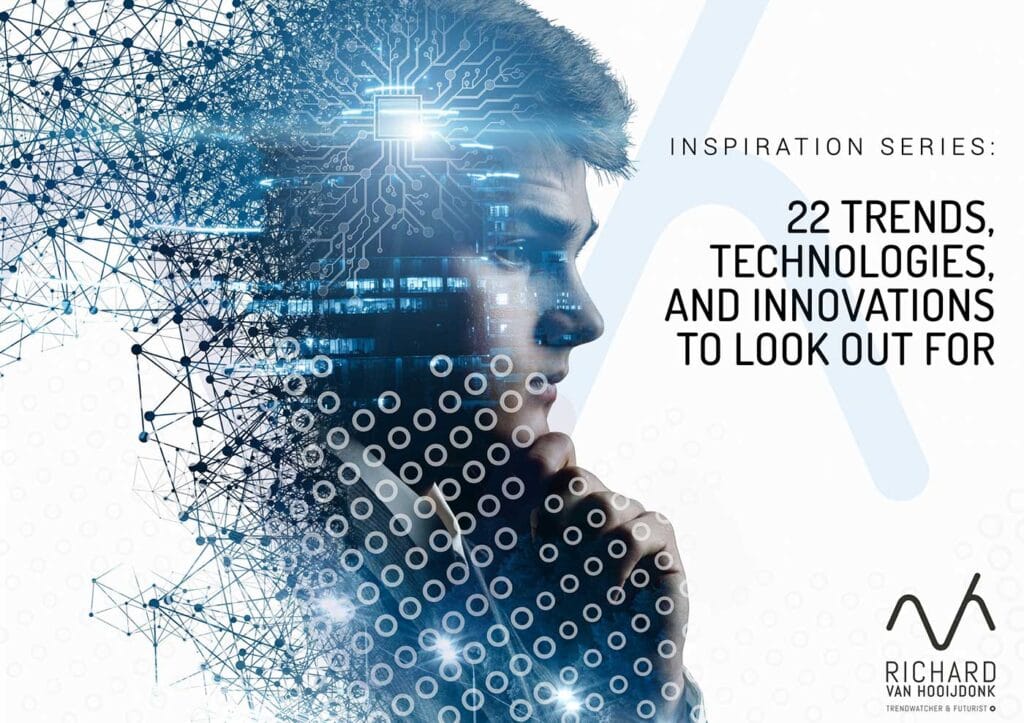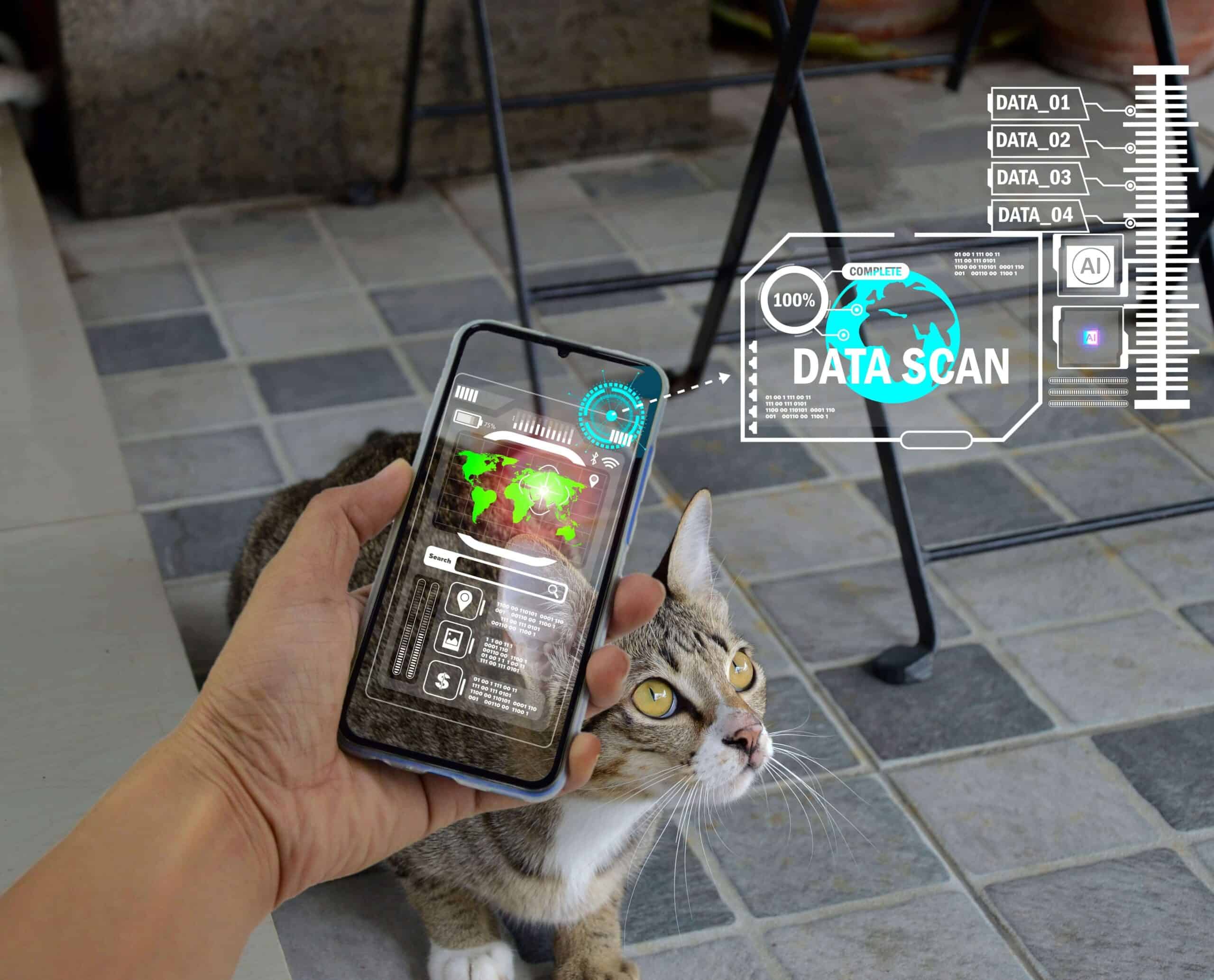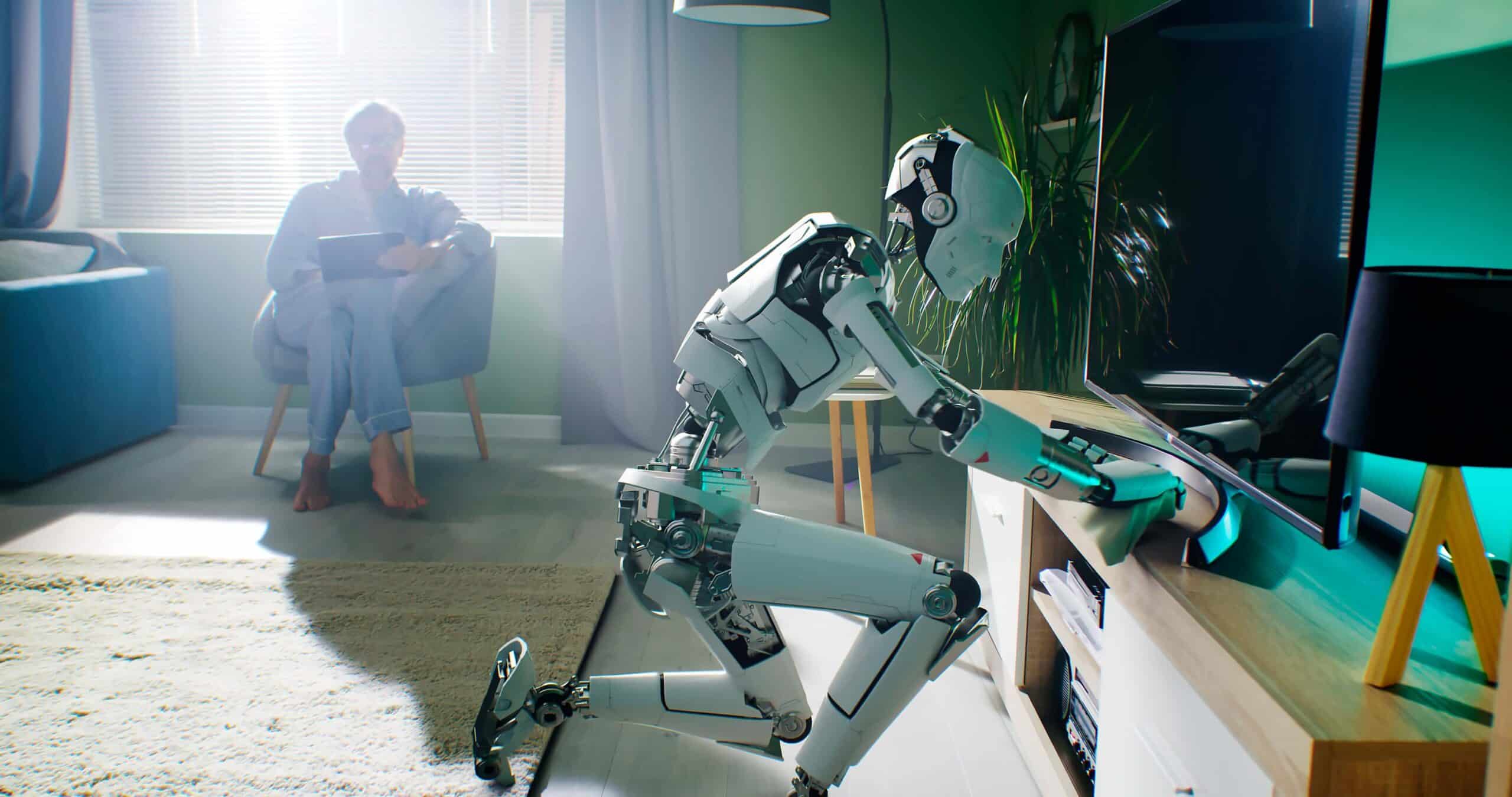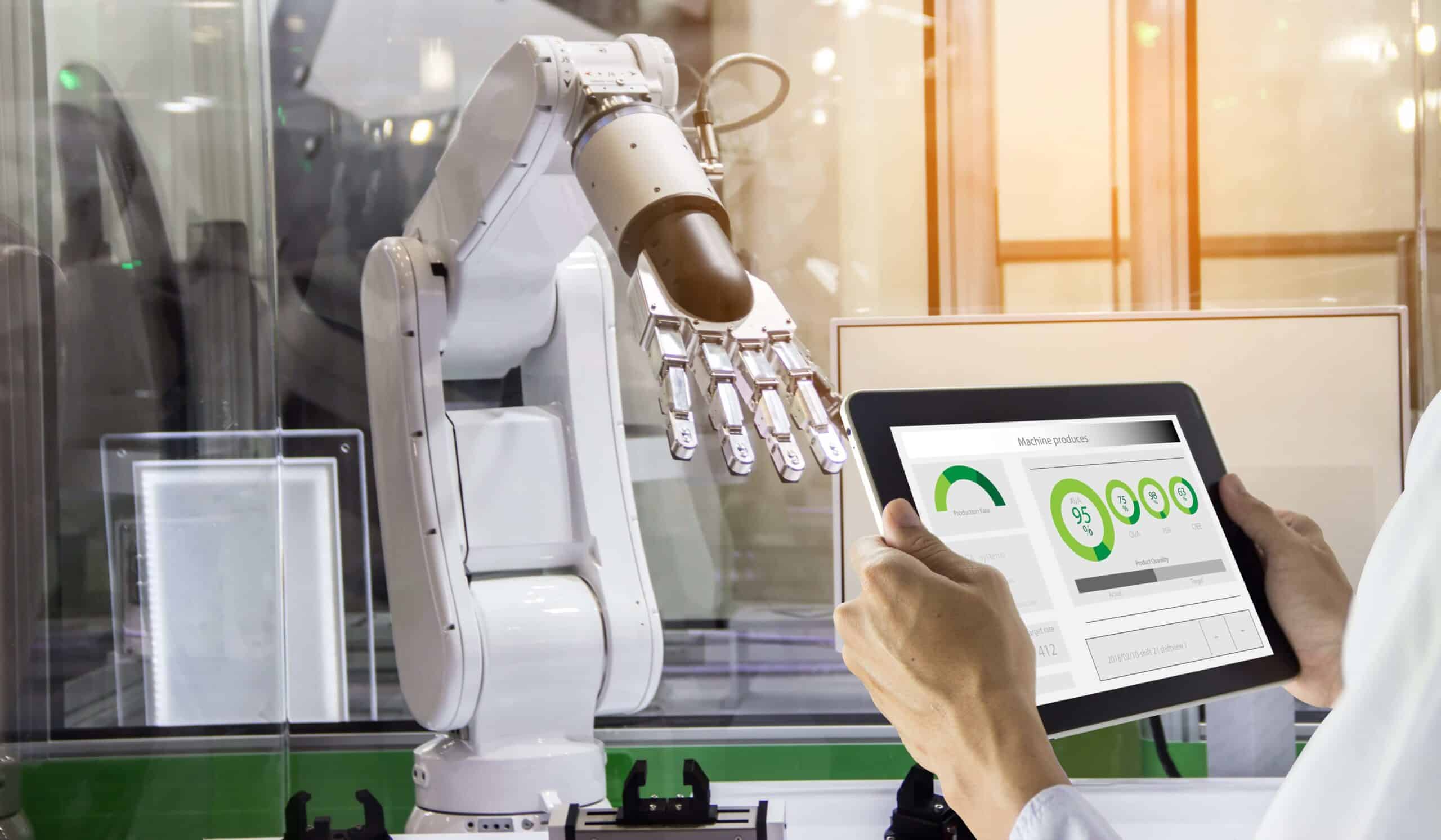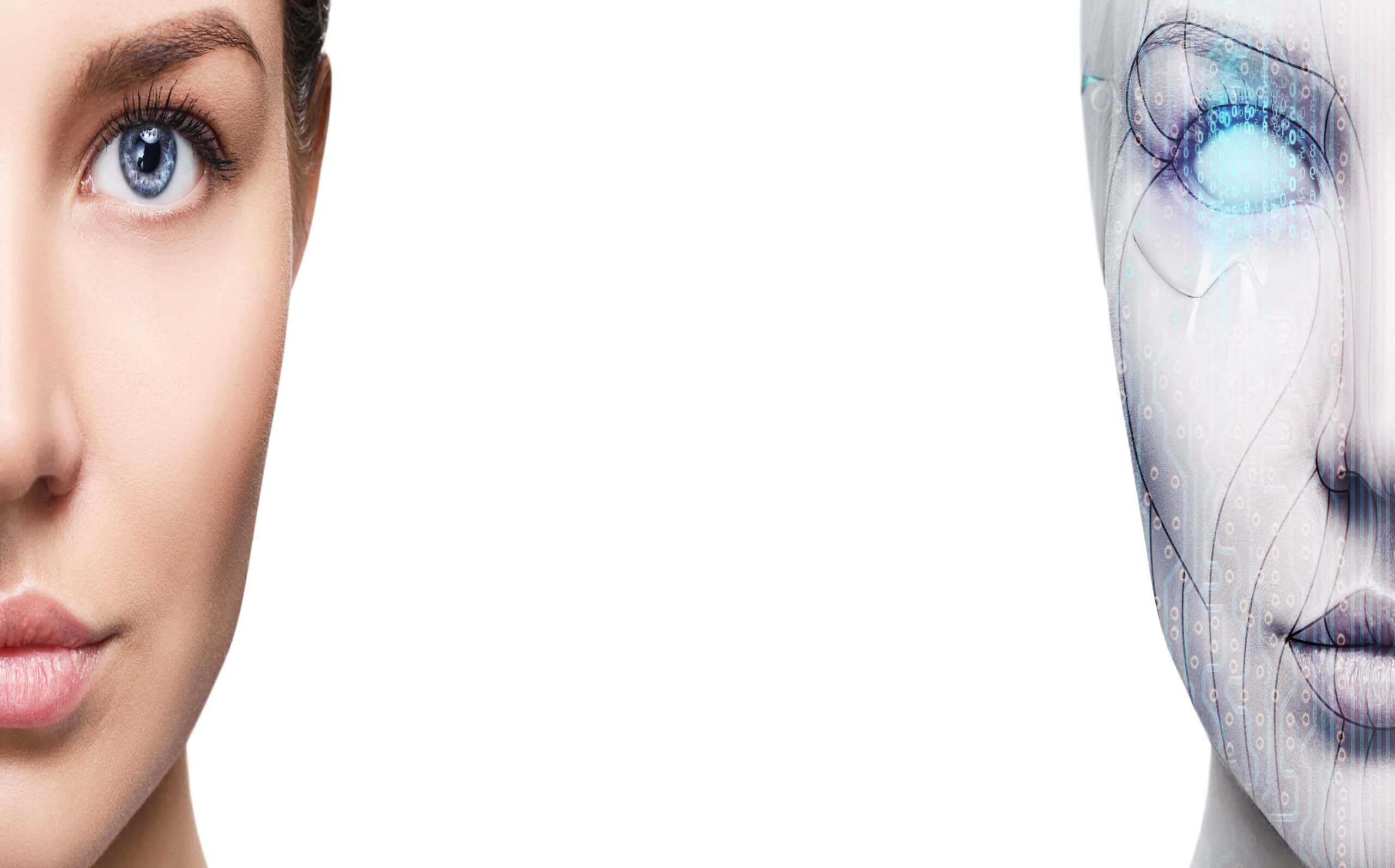- What are the benefits of human engineering?
- The British and Chinese are already modifying human embryos
- Is it ethical to modify a human being?
- The world of Gattaca could never happen in reality. Or could it?
- The dangers of the quest for a genetically homogenous population
- There’s no turning back. The genes have been unleashed
Reproduction is complicated business. It’s uncontrollable and unpredictable, with infertility, miscarriage and genetic diseases causing much suffering to many. Then there are those couples who find it hard to deal with the disappointment of getting a boy when they actually wanted a girl and vice versa. Technological advances will soon make it possible to have a say in all of these factors. It won’t be long before parents – wealthy parents, that is – can design their own perfect little humans, in the lab. There’s a lot to say for gene editing when its objective is to eradicate fatal or debilitating diseases such as cancer. But the technology also enables parents to pick from hundreds of hereditary traits such as gender, hair and eye colour, height and skin tone. The most controversial techniques even enable scientists to influence personality, behaviour and intelligence levels. Although we can see the benefits of these developments in biotechnology, we have to admit that it’s rather terrifying, too.
1. What are the benefits of human engineering?
Human engineering or genome editing, refers to altering or removing genes, for instance those that cause Alzheimer’s, cancer or other debilitating genetic diseases. Scientific breakthroughs in the field of human engineering happen almost on a daily basis. We have already been able to successfully clone mammals and now scientists worldwide are researching all the different facets of human engineering, in order to get a better understanding of DNA’s role in pharmacology, medicine and reproductive technology. Gene therapy is one of the most promising benefits of genetic engineering. It enables scientists to repair or replace defective genes or introduce therapeutic genes in order to treat or eliminate a disease. Gene therapy has already been successfully used to treat heart diseases and autoimmune disorders. Other diseases like cystic fibrosis, ALS and Huntington’s are also caused by defective genes and genetic editing may well provide much needed solutions. Embryo engineering is another field that holds many promises. In the future, pregnant women could choose to screen their unborn babies for genetic defects and, if problems are detected, opt to treat these with genetic therapy while the baby is still in the uterus. Another focus area in human engineering is IVF (in vitro fertilisation) where embryos are engineered to alter features such as hair and eye colour before the embryo is implanted into the mother.
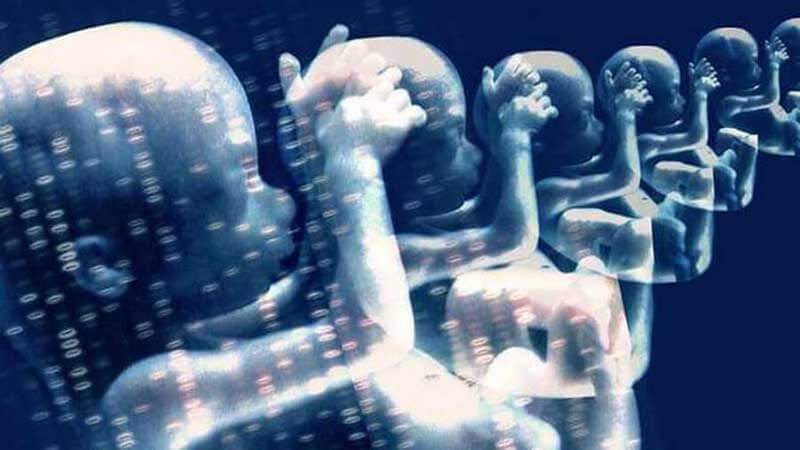
2. The British and Chinese are already modifying human embryos
With scientists now pioneering the ability to alter our DNA, we will soon be able to eradicate disease and have the option to choose desirable traits for our children. Although this technology is still lab-based, the very thought is already making many people uncomfortable. British scientists were recently given the green light by the HFEA fertility regulator to genetically modify embryos and the first genetically altered humans could theoretically be created within the next few months. The decision allows stem cell scientist Kathy Niakan at the London Francis Crick Institute to perform gene modification on human embryos and study them for 14 days in order to understand the development of an embryo, after which they are destroyed. The research will enhance scientists’ understanding of IVF success rates and might provide explanations as to why some mothers lose their babies before they reach full term. The editing procedure used is called Crispr-Cas9, in which genes in early stage human embryos are switched on and off to study the effects on the development of the cells. Crispr-Cas9 can transform the way in which genetic disorders are treated by correcting defective genes. The Chinese are also tinkering with the CRISPR gene editing tool. In some studies the tool is used to try and make nonviable embryos immune to HIV while in other research CRISPR is used in an effort to combat lung cancer.
3. Is it ethical to modify a human being?
The potential benefits of human engineering are clear. There is, however, a flipside. For instance, how responsible or safe is it to alter something we do not yet fully understand? And is it ethical to modify a human being? Opposing views on genetic engineering of humans often revolve around ethics and religion. One of the issues raised is the one of consent by the child. Another concern is the use of human embryos for genetics research and treatments, after which the embryos are destroyed. To many, it seems wrong to experiment with human life and modify genes for other reasons than medical. Some argue that we shouldn’t play God, that we have no right to decide on trivial traits like gender and hair colour – or any traits.
When we look at this from an ethical standpoint, we could argue that children should be accepted and appreciated for what they are: blessings and gifts, instead of viewing them as objects of human design. Parents who do not appreciate life as a gift are essentially faced with the challenge of trying to master the mystery of birth. This does not demonstrate humility and has the potential to destroy the parent-child relationship. Instead of seeking genetic enhancement, shouldn’t parents rather encourage their children to discover and foster their natural talents? When parents try to achieve perfection in their children, what then, remains of unconditional love? Shouldn’t parents be open to appreciating and loving their children, even when faced with unexpected challenges? Genetic self-improvement may create unnatural abilities and talents that could ruin humility.
4. The world of Gattaca could never happen in reality. Or could it?
Then there are the societal considerations. What will happen if only the rich have the opportunity to design superior children? What if ‘designer babies’ lead to a class system based on genes, creating a society where genetic discrimination is rampant and our value as a human being depends on whether our parents were able to afford to choose our traits? Will that not cause an even greater divide between the ‘haves’ and the ‘have nots’? Or like in the 1997 movie Gattaca, the ‘valids’ – the ones with the best genes, best jobs and highest quality of life – and the ‘invalids’ – those naturally conceived and destined for menial work and poverty?
Allowing parents to choose the genetic makeup of their offspring will almost surely lead to creating genetic ‘overclass’, resulting in unfair advantages; as parents who do not have the financial means will not have the opportunity to ‘give’ their children the right traits and dispositions. If we believe that everyone deserves a fair chance, we, as a society, need to do whatever it takes to make sure that these choices are available to everyone. Another way to compensate for the resultant differences may be to offer special educational programmes and opportunities. The fact remains, however, that in a society where extreme levels of social and economic inequality already exist, the thought of a few privileged people also having the power to create biological advantages seems almost obscene.
5. The dangers of the quest for a genetically homogenous population
Human engineering or eugenics, ‘the controlled breeding of people with certain physical characteristics or mental abilities’, raises many other, long term concerns as well. When we create only the most perfect of humans, individual traits and characteristics that make each of us unique will eventually disappear. This way, we risk creating a genetically homogenous population that is much more vulnerable to disease and detrimental mutations than a diverse population. Genetic diversity is directly related to the survivability and health of various species and populations. As this diversity decreases, so does the survivability and health of that population.
Then there’s the danger of (perceived) genetic traits being used for discrimination. In the past couple of years, many scientific papers and books have described genetic links to everything from criminal tendencies and alcoholism to ‘risk taking’ behaviour and mental conditions such as schizophrenia and depression. In these studies, focus has however been turned away from the environmental factors that also play a significant role in social behaviours such as, for instance, economic downturn and work stress. Instead, the focus has been on internal, genetic causes, ‘blaming’ the individual for being the problem. While crime rates and alcohol abuse can also be perfectly explained by social factors, these conclusions are less practical to those in government and private enterprise. It is easier to solve or prevent innate or biological faults through human engineering than it is to deal with societal problems. Which is why the renewed interest in and focus on eugenics is potentially dangerous. History has shown us that hereditarian arguments were often linked to the notion that, in order to alleviate the burden on society, ‘biologically defective or inferior’ individuals should not be born or even exterminated, such as was the case in Nazi Germany.
Throughout recent history, hereditarian arguments have provided ammunition for discrimination on the basis of social and economic status, gender or ethnicity. Scientists now have the moral obligation to prevent these dangerous notions from finding their way back into science – and into our society.
6. There’s no turning back. The genes have been unleashed
This biotechnology revolution, this ability to play around with the human genome and change our biology, is becoming a reality, whether we want it to or not. And although we can see the benefits of these developments, they also pose many moral, religious, legal, ethical and social challenges. What’s happening here is bigger than all of us and there’s no turning back, the genes have been unleashed.
It is unlikely that we will be able to stop the developments. We therefore need to realise that public awareness as well as open debate between scientists and the public about the pros and cons is critical and interdisciplinary, collaborative and interactive groups will need to address each and every concern.
If we are to learn from mistakes we made in the past we need to be actively involved in how these technologies are used and make sure they are in line with our human values.


